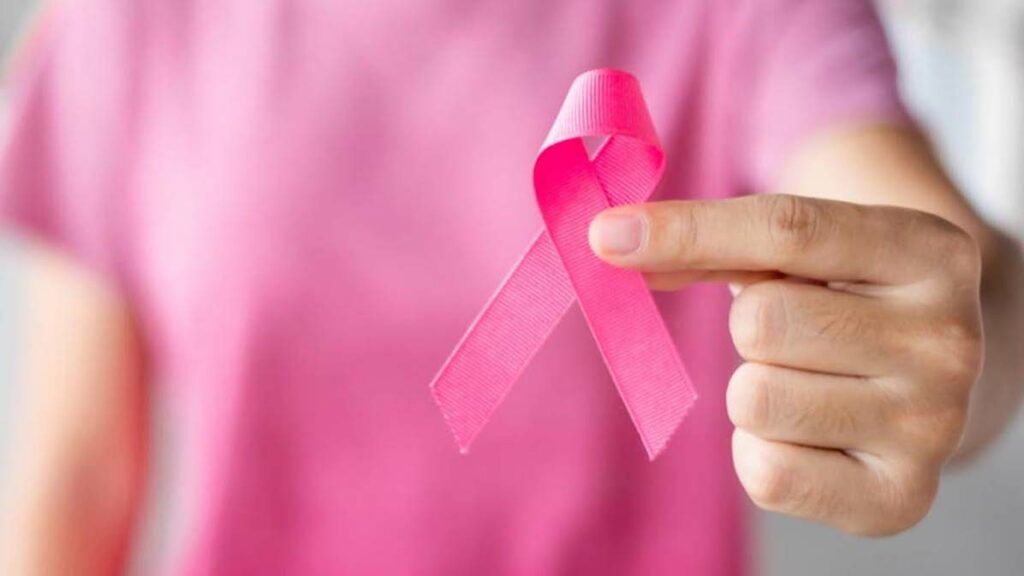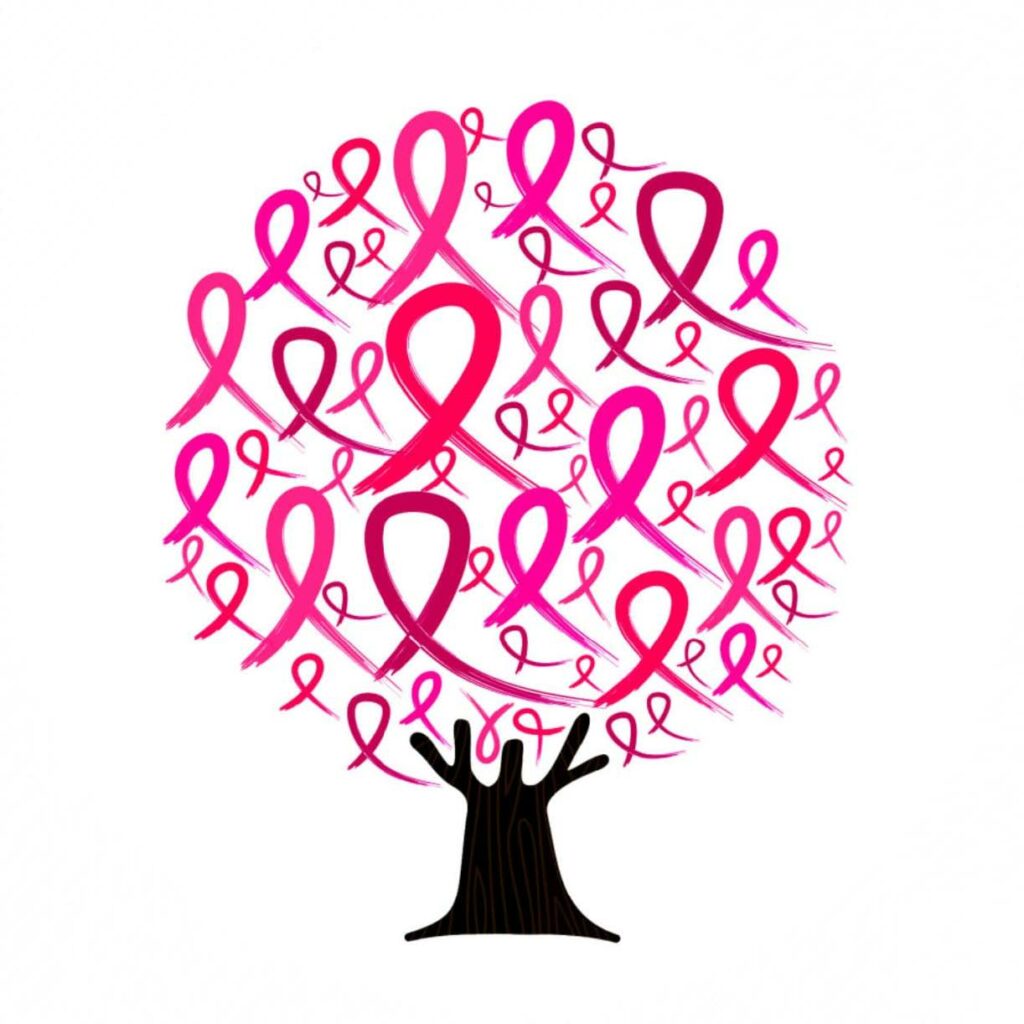Breast Cancer Survivors – A Cut Above the [Breast]
As a survivor of breast cancer, few will understand the struggle you endured, but many acknowledge and honor the strength it took to carry on.

Alongside the relief and celebration that comes with completing treatment and hearing the long-awaited word “remission” may come a host of other emotions. Some of them may not be as positive. You may feel fear of the cancer coming back or anxiety about not seeing your treatment team as often. Surgeries and treatments can alter the way you feel about your body. These emotions are natural after what you’ve been through, and it’s important to know that you’re not alone and that you have resources at your disposal to live your life as fully as possible following recovery.
Listen to Your Doctor
After completing treatment and entering into recovery, it is important to abide by your doctor’s recommended follow up care. This care often includes checkups every few months for the first several years after treatment. As your cancer-free time increases, the frequency of appointments can begin to decrease. If you had breast-conserving surgery to include a lumpectomy or a partial mastectomy, it is recommended that you get a mammogram 6-12 months after surgery and radiation and continue to get them annually for monitoring. Pelvic exams may also be included in your follow up care as some of the hormone drugs can increase your risk of endometrial or uterine cancer. Another test that may be done, especially if you have gone through menopause, is a bone density scan. Monitoring your bone health will be a priority for your doctor especially if your cancer treatment included drugs that can reduce bone density.

Focus on Your Mental Health, Too
Battling cancer and enduring the challenges that come with treatment can leave you feeling exhausted. It can be challenging to find the energy to keep up with follow up care, knowing that it will be a crucial part of your life as a survivor. Express any concerns or anxiety or overwhelm you are feeling about your continued treatment and monitoring with your doctor. Collaborate with them and let them help you feel more in control when it comes to your checkups. Equally important as your medical team is your support system. Continue to lean on the individuals who supported you through treatment, whether it be family, friends, a loved one, a support group or a therapist. Support systems can often help to shoulder some of the burden when it comes to remembering appointments, driving to procedures, and encouraging you to continue doing the things you love outside of your healthcare.

Everyone’s Experience is Unique
Every single individual’s experience with surviving breast cancer is unique and special. You will have your own thoughts, feelings, challenges and success that you overcame and that you will continue to experience as you embrace a heightened awareness of your health for the rest of your life. Beyond this, you are an example of hope and strength for others who are fighting their own battle against breast cancer. Continue to spread awareness this month and every other so that we can continue to win more of these battles.


